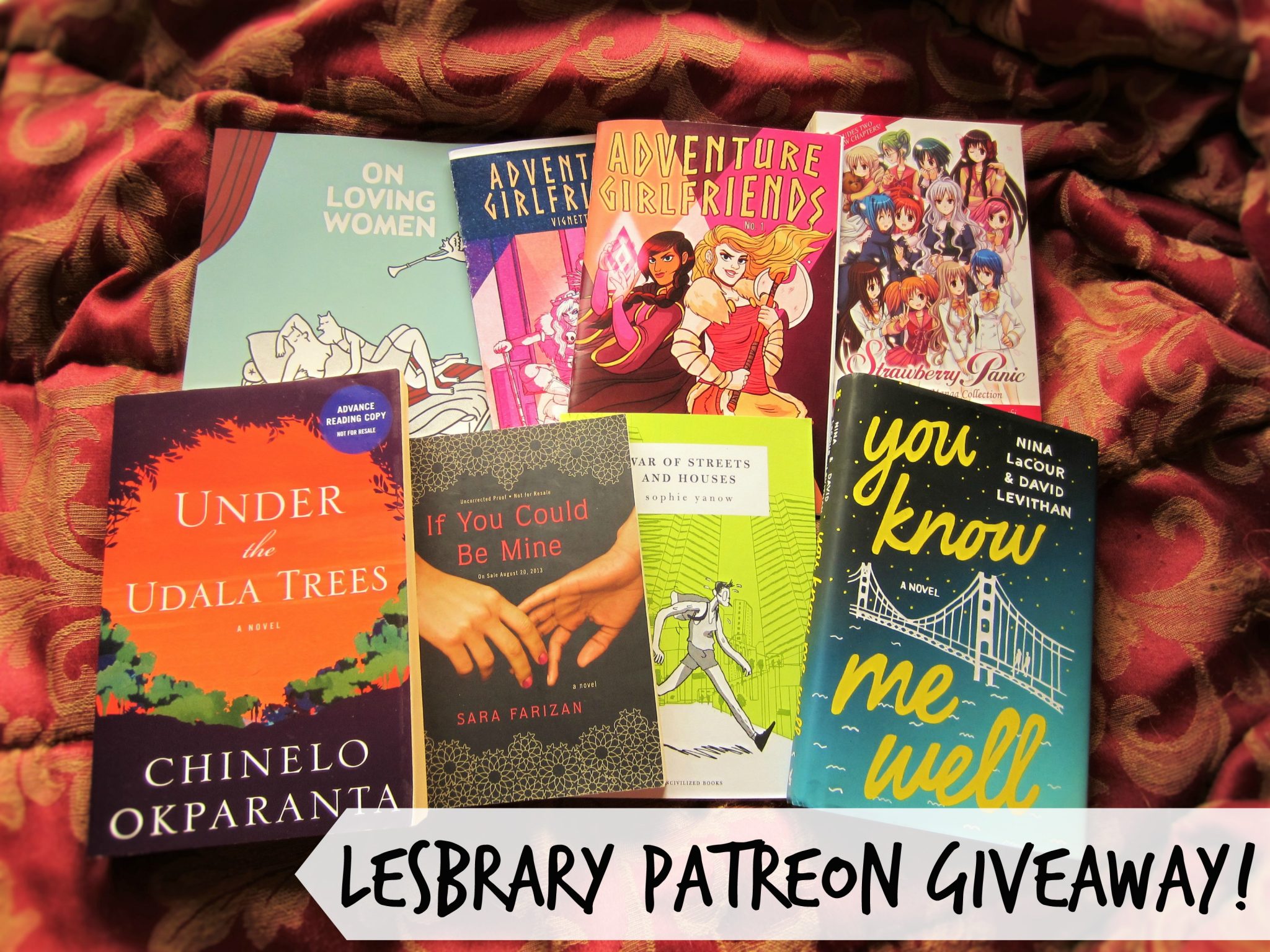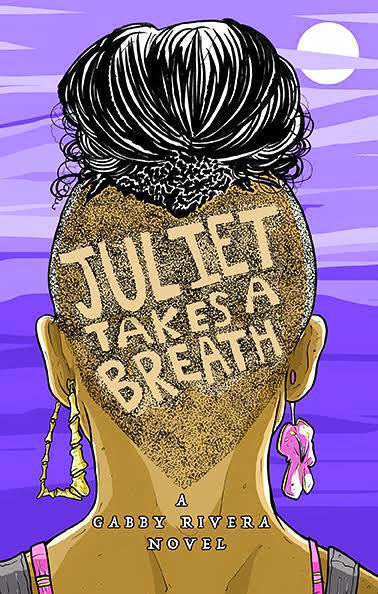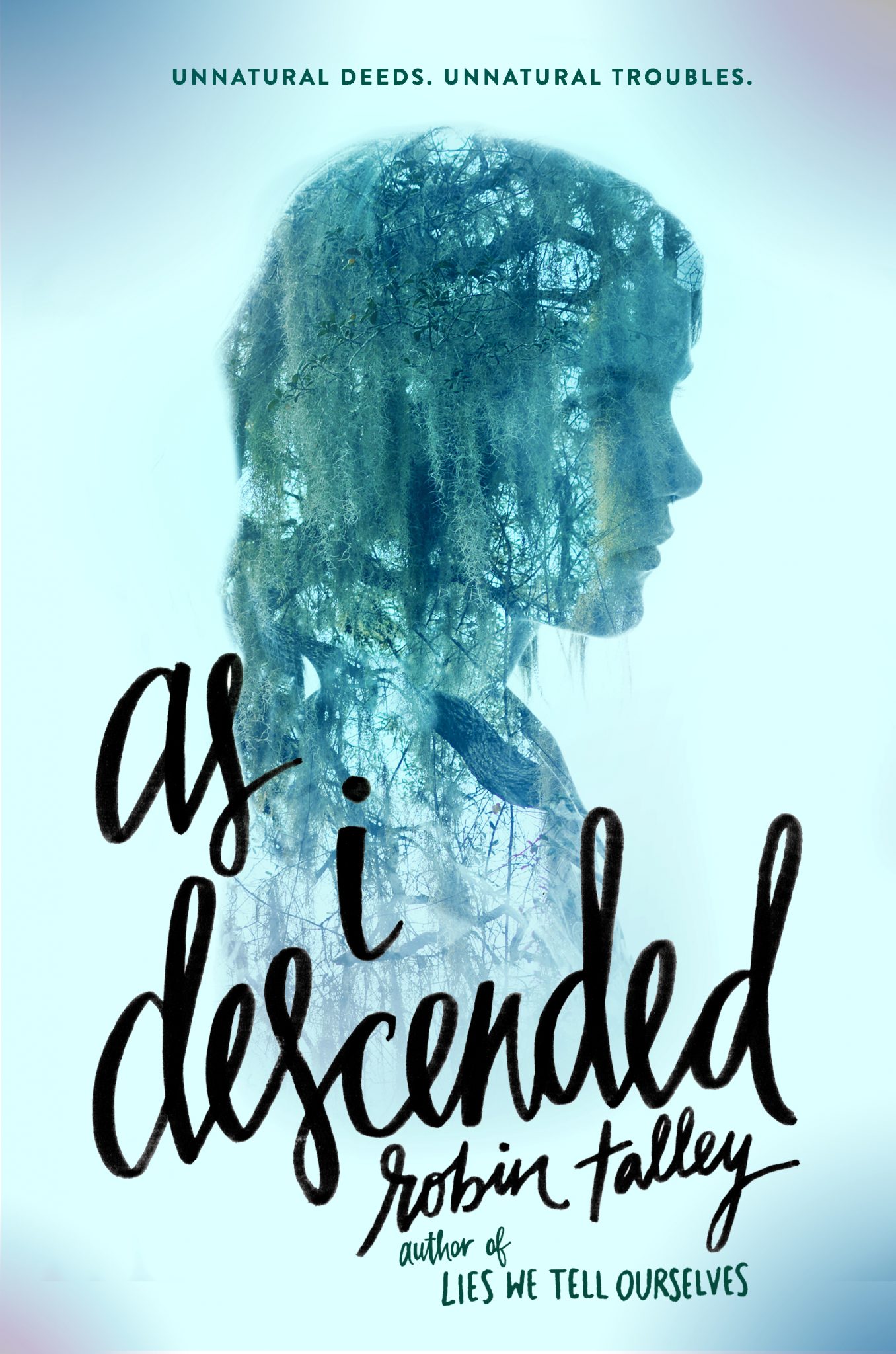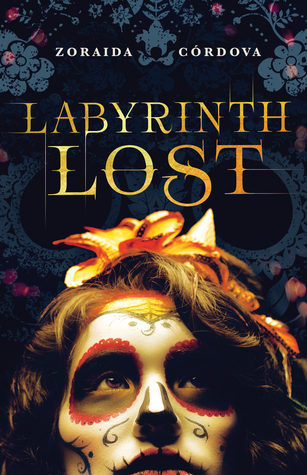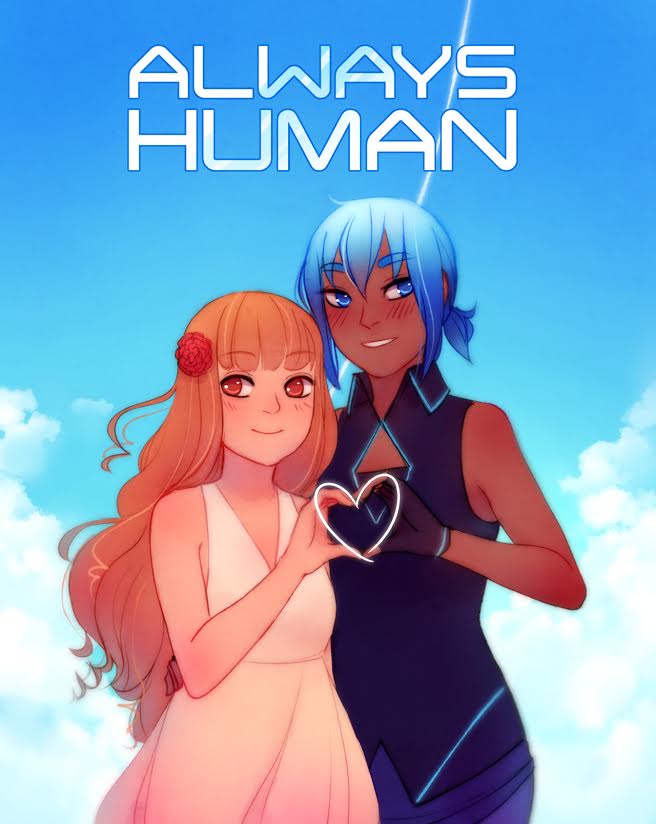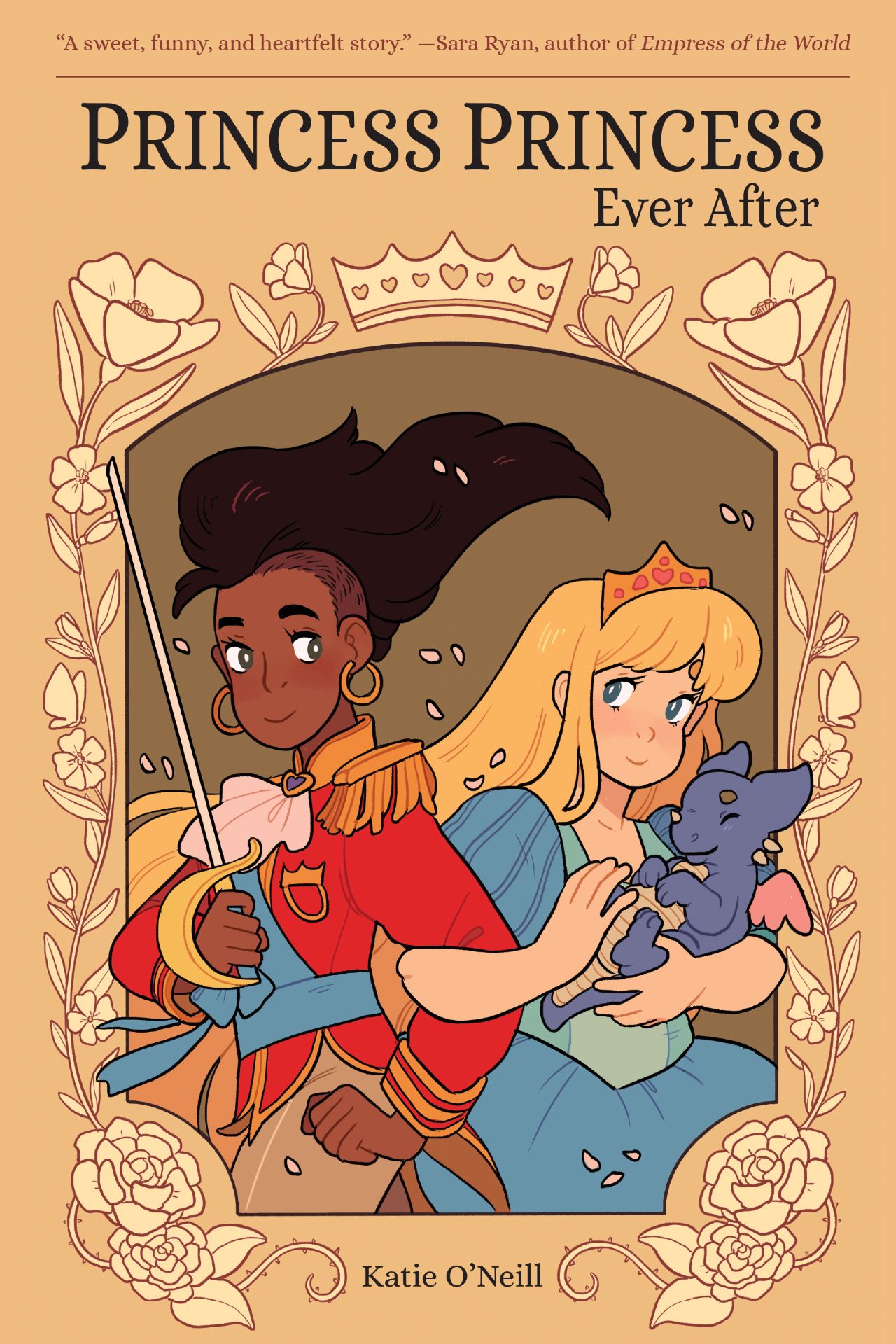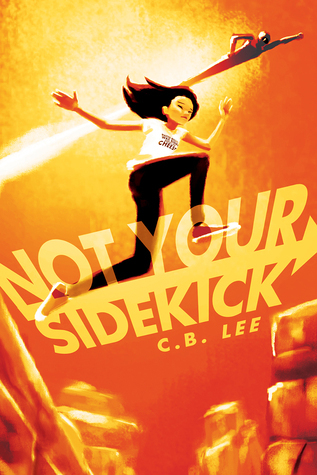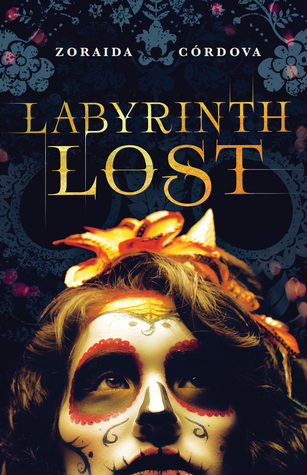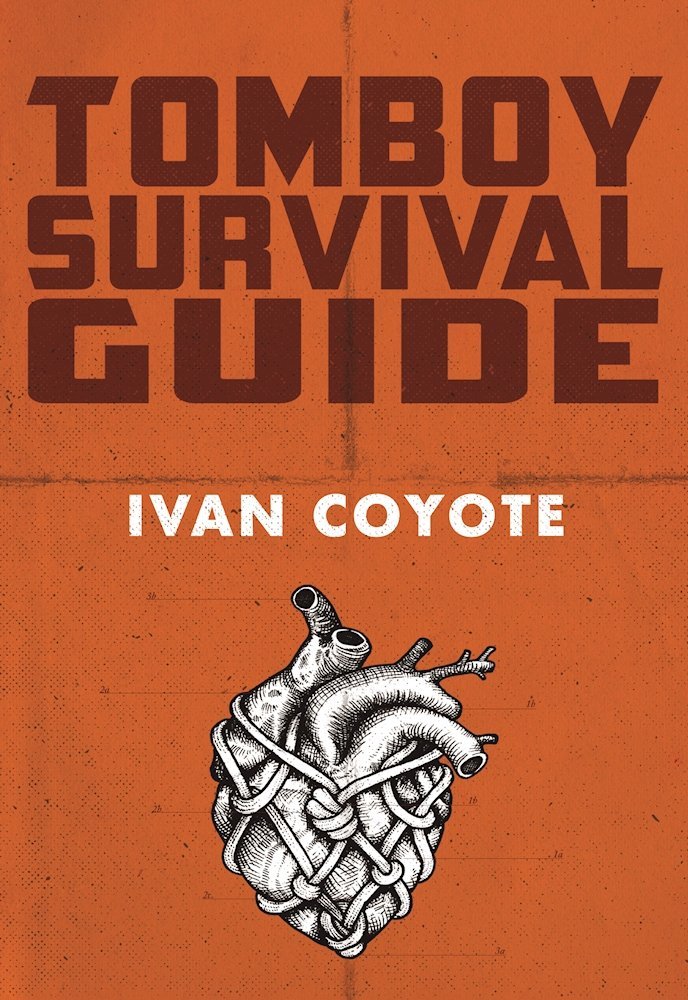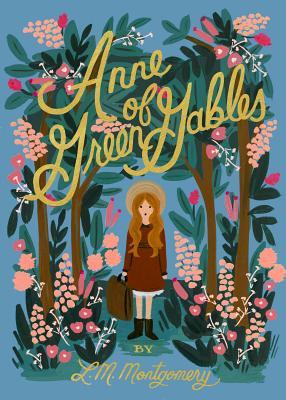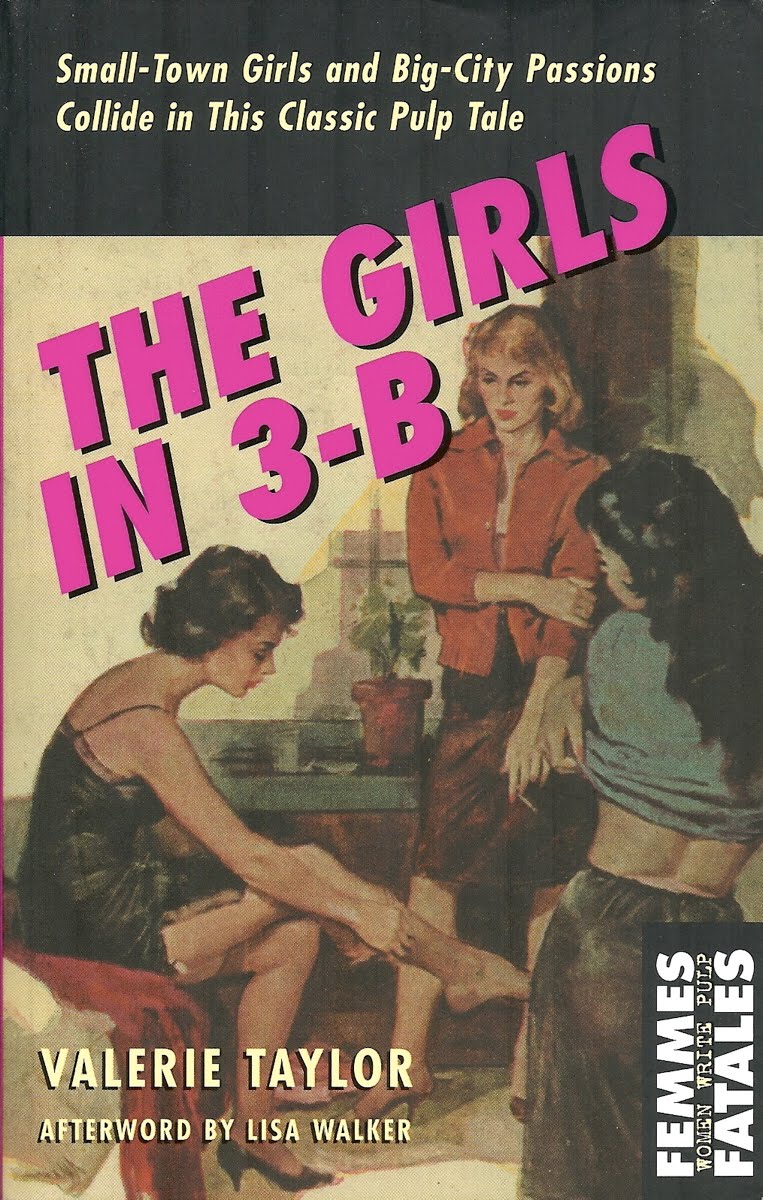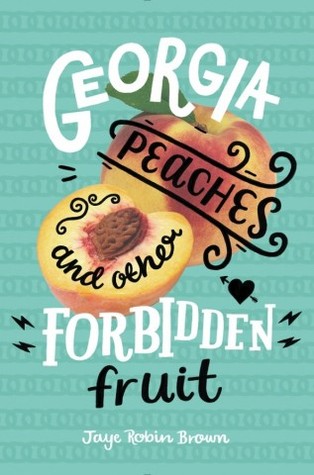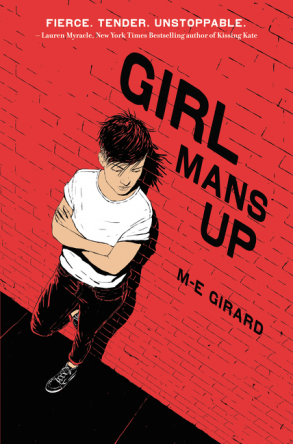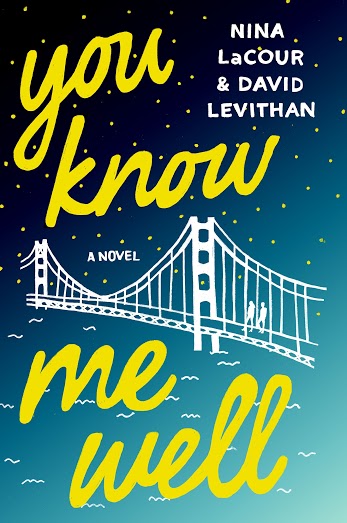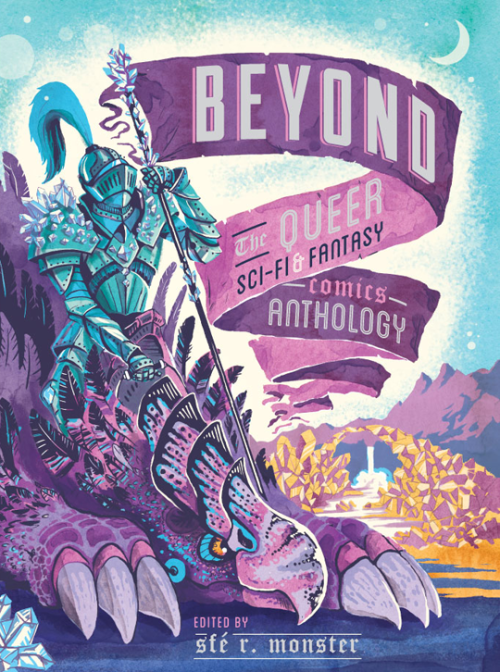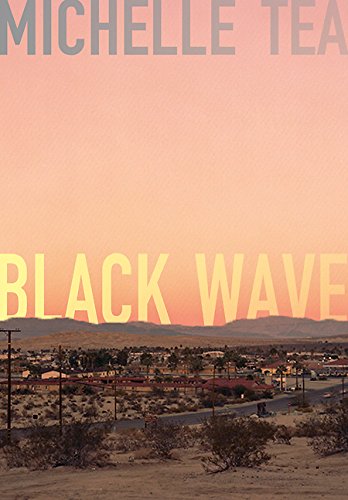Georgia Beers’ new Puppy Love series centres around Junebug Farm, a no-kill animal shelter in upstate New York, and the people that work there. While the series features a recurring cast of characters, each book focuses on a single couple – though Beers chose to diversify the POVs in the second book, which was I choice I found I didn’t mind, as it adds to the rather cinematic feel. It’s something I’d watch on TV or on Netflix if I wanted something fluffy and romantic. Rescued Heart, book one, follows the relationship of Lisa, the shelter intake and adoptions officer, and Ashley, a baker who volunteers at the farm; Run to You, book two, looks at Catherine, the shelter accountant, and Emily, a donor and volunteer. It’s also a little Christmassy.
Overall, I liked both, and I’d be happy to read another, but I wouldn’t be devastated if I didn’t. The setting was a big draw for me – puppies and romances? Yes. And Beers doesn’t disappoint on that front – there are lots of adorable dogs and cats, and I liked that there was a little dig into how a shelter like that might manage to run. It’s pretty obviously written by an animal lover, and I’m into that. Personally, out of all the animals, I fell in love the most with a dog that didn’t get much page time (Dave) because I’m a sucker for pit bulls. While they’re part of the same series, they’re written differently, each with its merits. I’d say best overall was probably Run to You, but I can see how others might choose otherwise.
Rescued Heart starts slow, with a professional relationship that turns sweet, each person bringing out new sides in the other. A big theme in these books is trust, and Lisa doesn’t have a lot of it. She’s holding tightly to some family issues, which have made her closed off and a bit controlling in both her professional and personal lives. Ashley, on the other hand, is bubbly, but passive, stuck in a semi-relationship with a sweet girl because she can’t bring herself to do anything about it. Lisa unknowingly brings her out of her shell a bit, and the interplay between Lisa’s need for control and Ashley’s increasing dominance is interesting. Beers doesn’t act like Lisa and Ashley are the only people in each’s respective life, which I liked. Friends and family pop in and out, and the tone of their interactions is deliciously gossipy.
Probably the most important thing about Rescued Heart is that it doesn’t follow the typical romance structure of building up to a crisis point so there can be satisfying resolution – and if it does, it does so half-heartedly. This could be because I was a little bored by the book, but I actually kind of liked it – I’m an anxious person, and high stakes make me tense. I do wonder if I might have liked it better had I known that going in. That’s not to say that there’s no drama, it just doesn’t build up to something huge.
It’s not super tightly written, Lisa and Ashley felt a little flat to me, and some people might not be into its structure, but it’s a nice book. As I mentioned, though, I did get a little bored with it, and I’m pretty sure that’s mostly down to the sex. It was fine and everything, it just wasn’t great. I didn’t tap into their chemistry the whole time, and like – you’re both in your thirties. Is this really oh my god the best sex you’ve ever had, you’ve never felt anything like this before, no one’s touch has done this to you, etc.? Really? It’s fine, it was just a little too clichéd for me. This is something I felt with both books, although probably a little more with the first. Again, this is probably mostly a personal preference thing, and I’m sure most people would have no objections.
Run to You is more tightly written, and much more of a slow burn. Emily is the representative of a family company that donates the bulk of the shelter income, and Catherine is the accountant. It’s inappropriate, definitely not professional, and very obviously something that they’re going to enter into – bonus point for a classic ‘we shouldn’t’ while kissing. This book was less on the normal-life friendship, but more on the workplace friendship (I’m saying now that I think the third book will focus of Jessica, the head of Junebug) (there are an improbable amount of wlw working at this shelter, but I like it). As I mentioned earlier, there’s more diversity in perspective here; RH had only two POVs, but RtY has maybe five? I’ll say five. This one is probably better paced, with a more dramatic arc (hello, crisis point), with well-strung tension. While Ashley is probably the most endearing character of the four – she smells like cupcakes – Emily’s my second favourite. Both Lisa and Catherine are more emotionally closed off, and while that makes for interesting romantic dynamics, it’s just not a hugely appealing quality. Also Emily is the one with the pit bull and leather jacket, so she’s ticking a lot of my boxes. One issue I did have is that RtY is not super well edited – ‘ascent’ used instead of ‘assent’, etc. Nothing major, but it did pull me out of the story at moments.
As I said, I enjoyed both, and while they’re maybe not the most gripping of reads, they’re light and fun and sweet, with a decent dose of adorable animals, and a guaranteed happy ending. If you like your fluffy reads, you’ll probably enjoy the series. It’s a little white, and there’s not much in the way of representation for anyone other than the L in LGBTQIA, but if that’s not going to bother you, I’d go ahead! They’re better than the covers make them look, I promise.
There aren’t any huge trigger warnings for these two, though there’s a bit of sexual harassment which had the potential to turn into assault in Rescued Heart. I wouldn’t read the series if you’re trying not to drink? There’s a lot of wine.
This and other reviews by Aoife can also be found at https://concessioncard.wordpress.com/.



